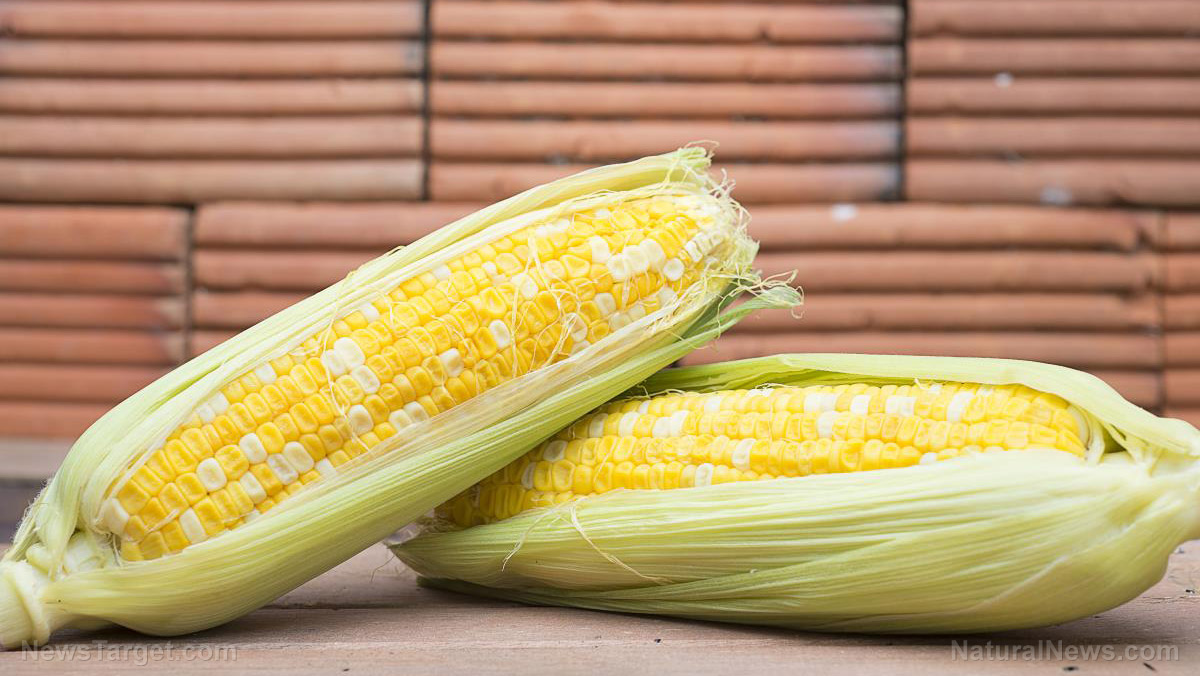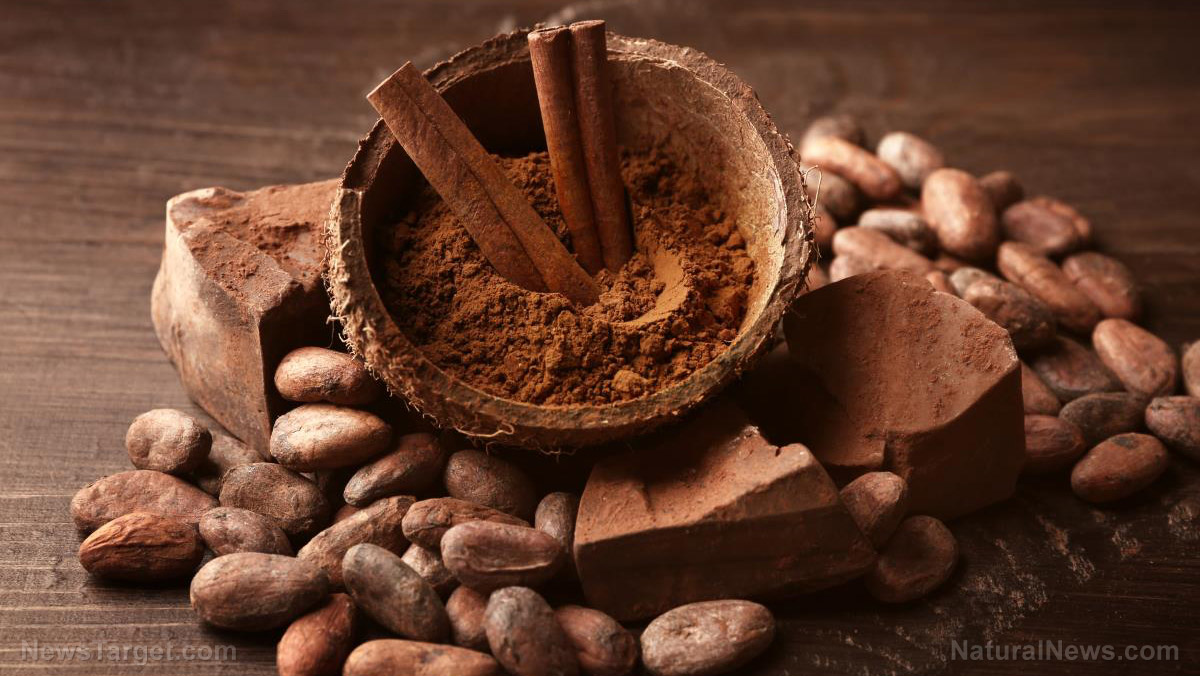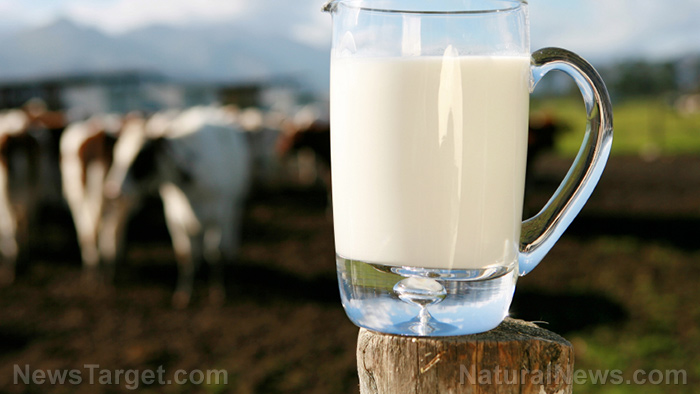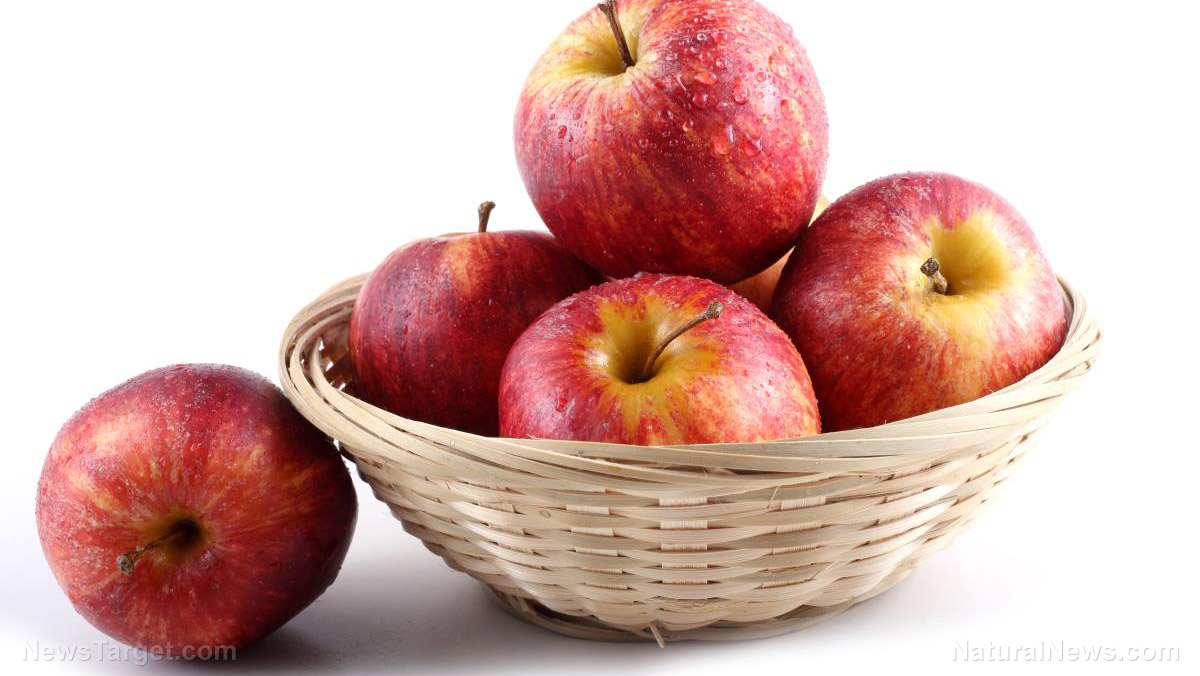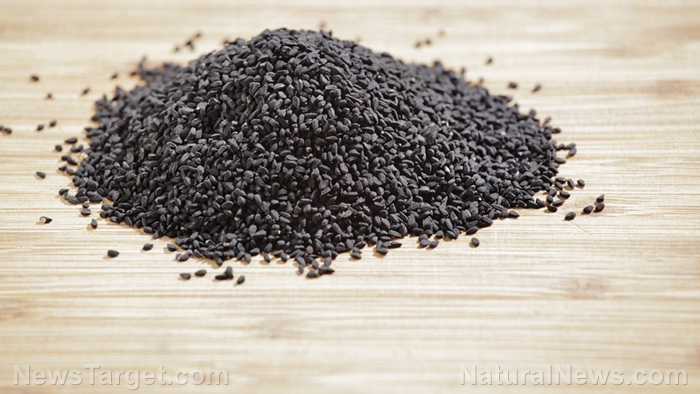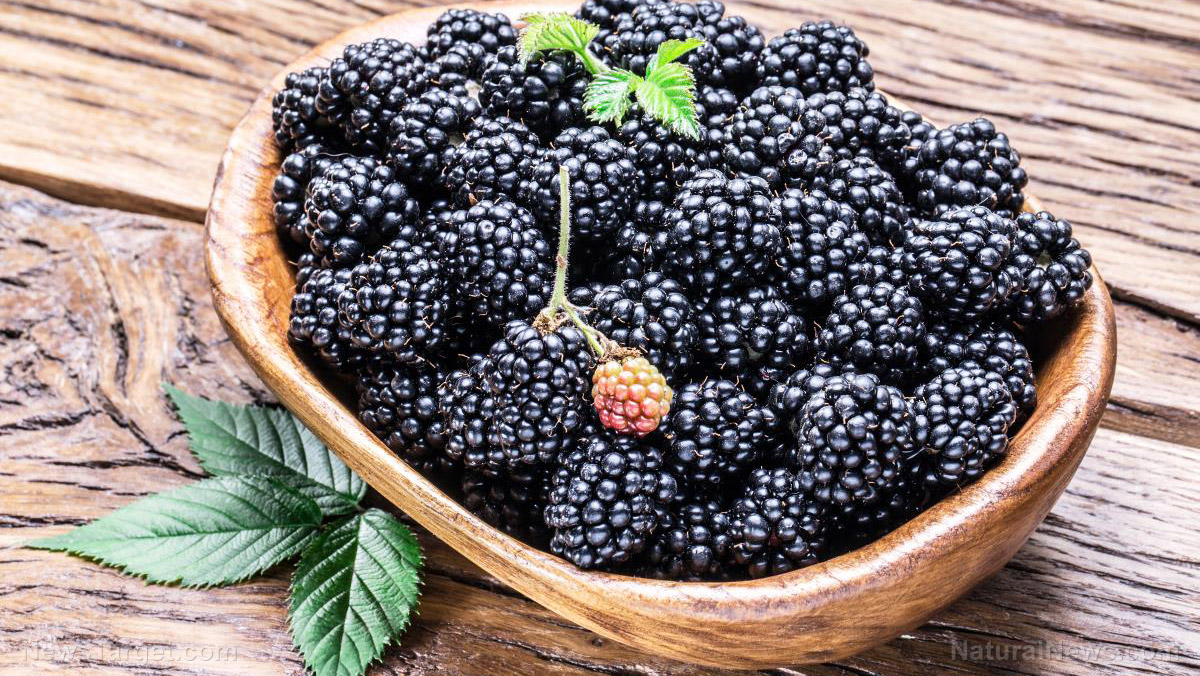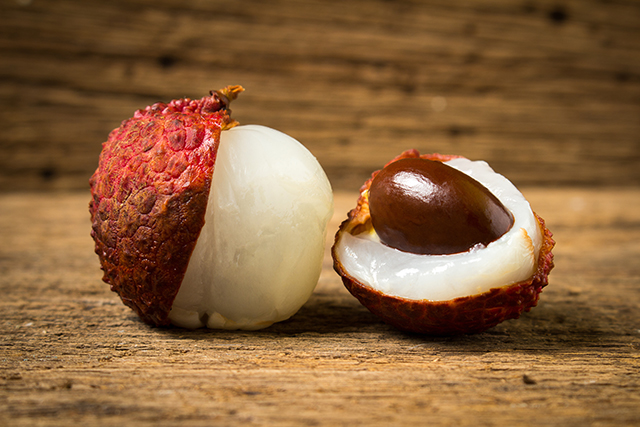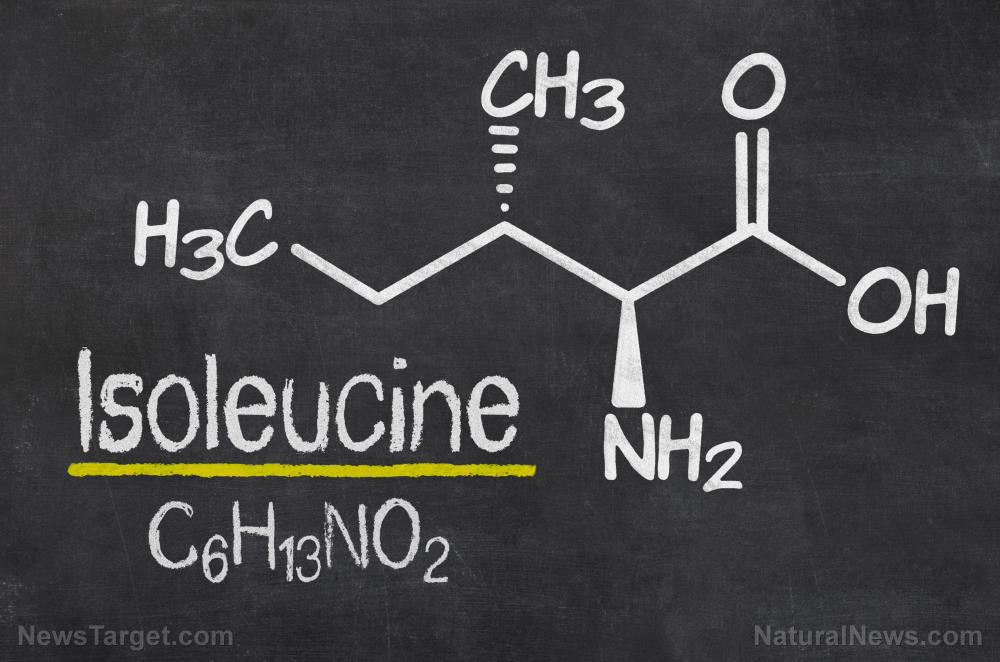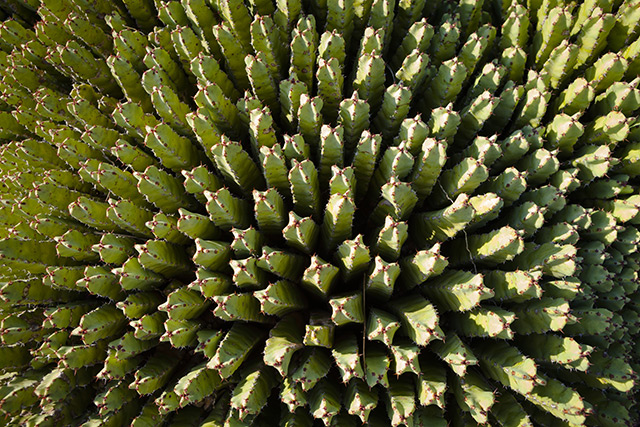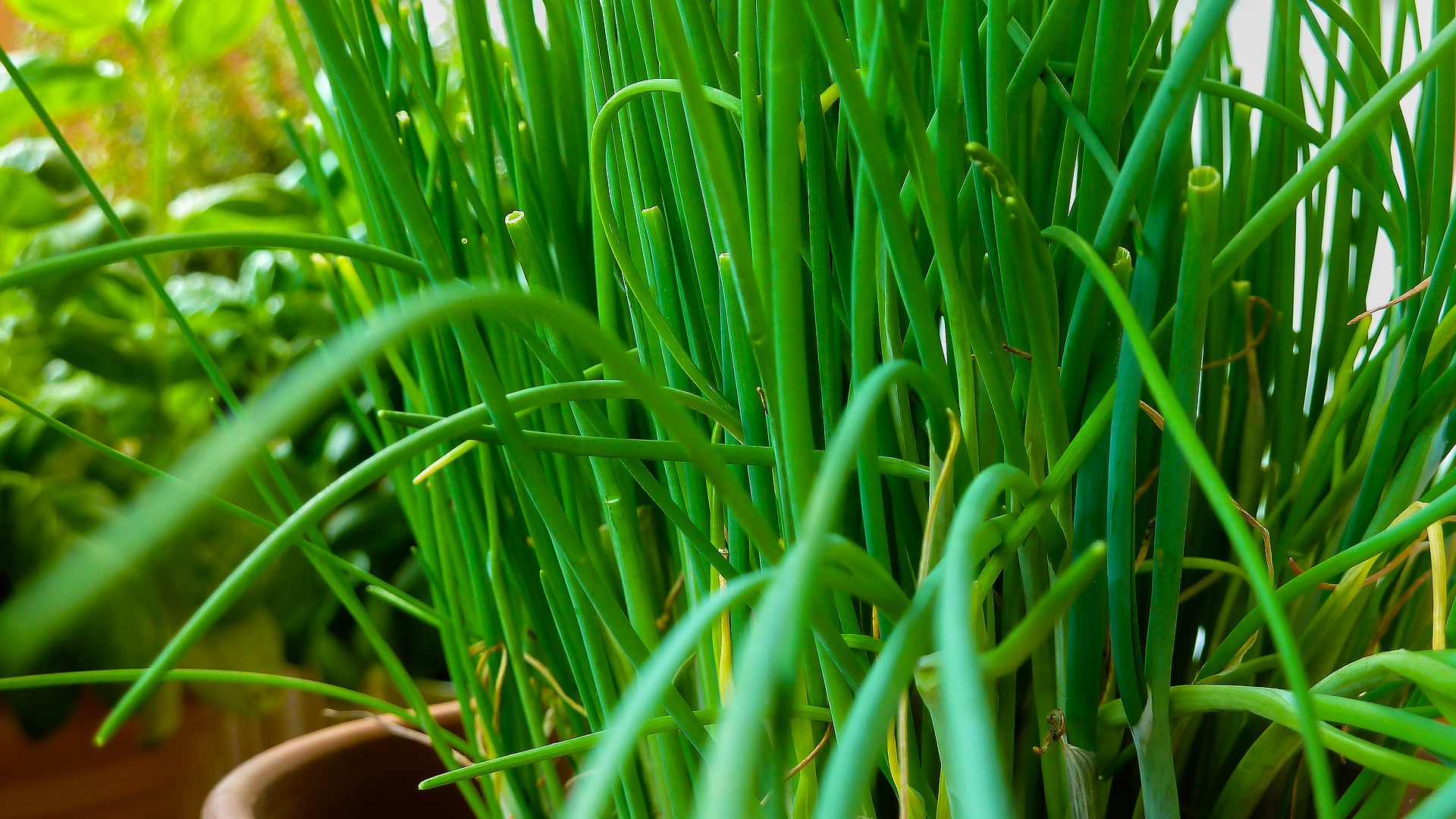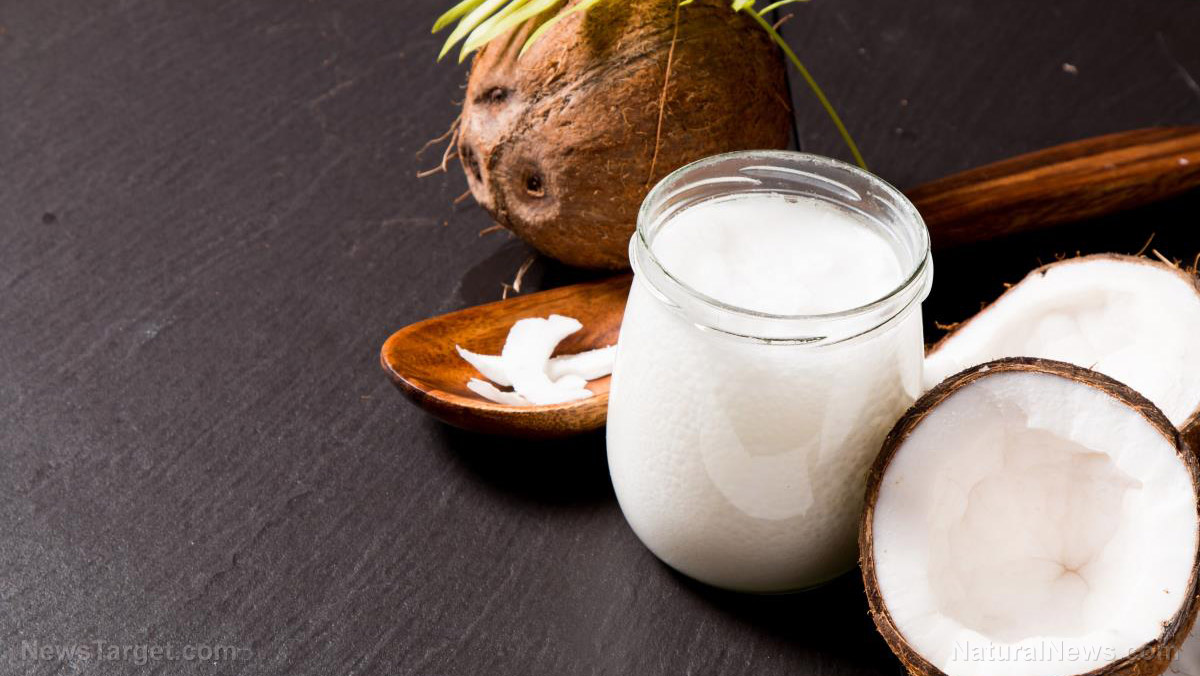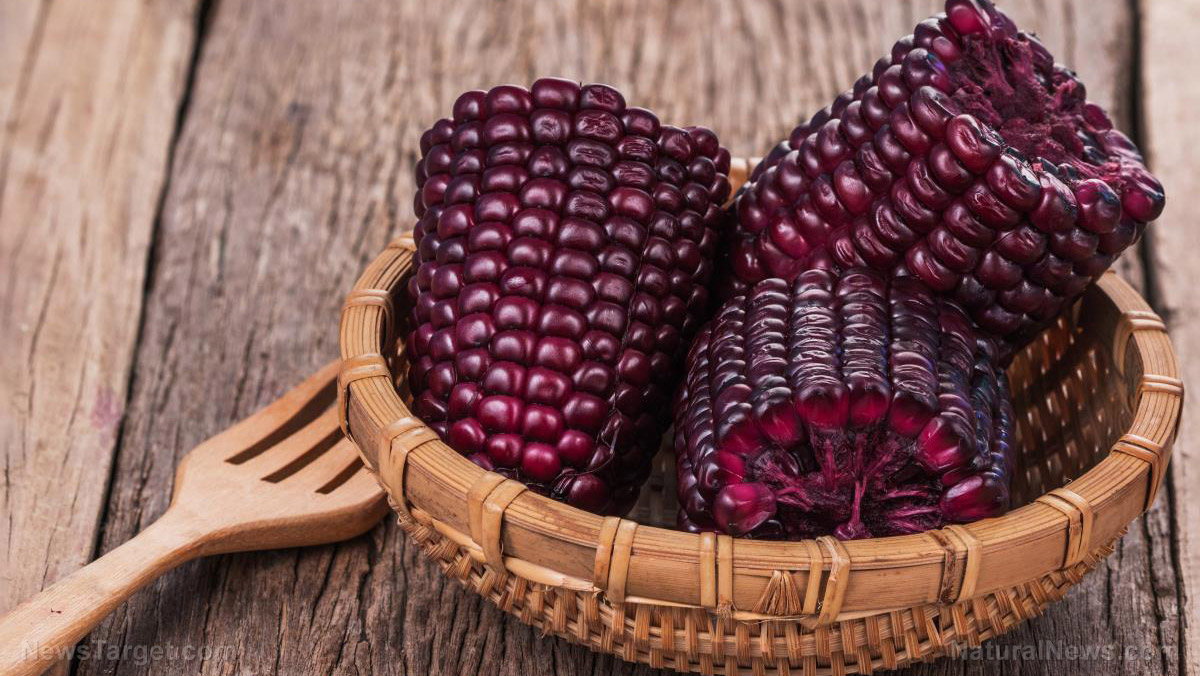Vast array of breakfast cereals contain worrying levels of glyphosate
11/06/2018 / By Isabelle Z.
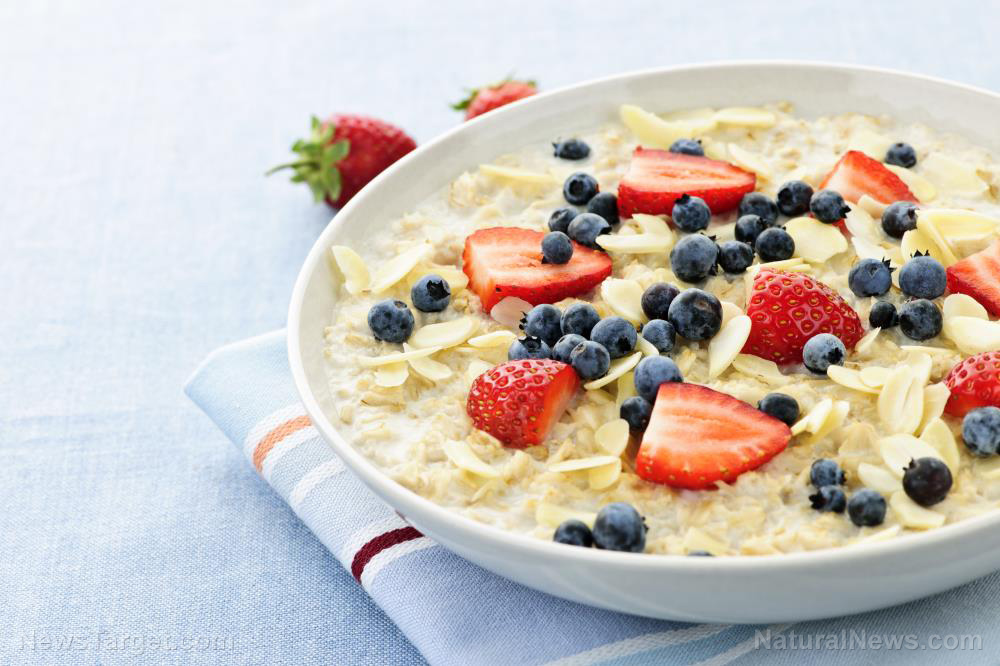
Would you like some weed killer with your breakfast? No one in their right mind would answer this question affirmatively, yet if you happen to eat one of 26 popular cereals, that’s exactly how you’ve been starting out your mornings.
A new report released by the Environmental Working Group (EWG) shows that 26 out of 28 breakfast products tested contain higher levels of glyphosate, the main ingredient in Monsanto’s Roundup weed killer, than their scientists feel is safe for children to consume. These products included several varieties of granola, oat breakfast cereal, instant oats, overnight oat products, and snack bars from Quaker, as well as popular cereals like Cheerios. One product, Quaker Oatmeal Squares cereal, had glyphosate levels that were almost 18 times higher than the EWG benchmark for children.
Glyphosate exposure is risky for everyone, but it’s particularly dangerous for children as it can impact their development. The International Agency for Research on Cancer has listed glyphosate as “probably carcinogenic,” much to the dismay of Monsanto, which has gone out of its way to try to discredit the respected agency to protect its profits. The World Health Organization said in a 2015 report that the chemical has been linked to non-Hodgkin lymphoma and prostate cancer. It is also listed by the state of California’s Office of Environmental Health Hazard Assessment as being a known carcinogen.
In fact, Monsanto was ordered by a San Francisco jury to pay a school groundskeeper $289 million in damages after exposure to the weed killer caused him to develop cancer; the payout was later reduced but the decision was upheld. The company is now facing several class-action lawsuits over its cancer-causing products.
Some of the manufacturers in the study, like Quaker, argue that the EWG’s benchmark levels of 160 PPB are too low, but the official legal levels are notoriously outdated and well above the limits many experts believe are safe. The EWG pointed out that in addition to not being based on current science, “The EPA’s standards for pesticides and other chemicals are also heavily influenced by lobbying from industry.”
The manufacturers claim that the glyphosate is not added during the milling process but is routinely used by farmers before harvesting the oat crops. One way or another, it’s in the food, which means it is going to make its way into your body if you consume it.
While experts don’t think the public should be hysterical, they do point out that people need to be aware of what is in their food that doesn’t make it onto the label.
A previous report from the same group reached a similarly concerning conclusion about more than 39 oat-based foods. On that occasion, a third of 16 products tested that were made with organic oats had glyphosate, while two thirds of conventional foods also had levels above the health benchmark set by the group.
Study shows people who eat organic have lower cancer risk
The news comes shortly the JAMA Internal Medicine journal published a study that noted a significantly lower cancer risk for people who eat a lot of organic food. In that study, French researchers found that those who eat the most organic food have a 25 percent lower likelihood of developing cancer than people who do not eat organic food. Their risk of non-Hodgkin’s lymphoma was 73 percent lower, while they were also 21 percent less likely to develop postmenopausal breast cancer.
Shopping for food can be a stressful task for health-conscious individuals, but when your health – and that of your children – is on the line, it’s always worth making the extra effort, whether that means getting to the bottom of the sources of the food you buy or growing it yourself.
Sources for this article include:
Tagged Under: cancer, cereal, food supply, glyphosate, grocery, herbicide, non-Hodgkin lymphoma, oatmeal, oats, Roundup, toxic ingredients, toxins

